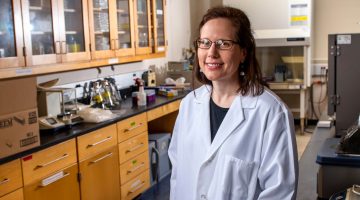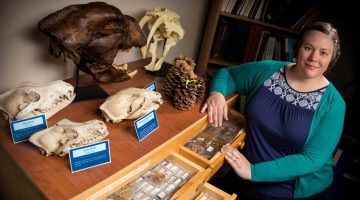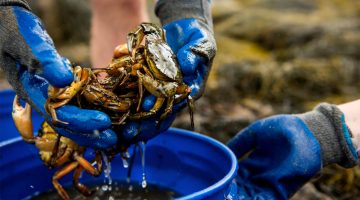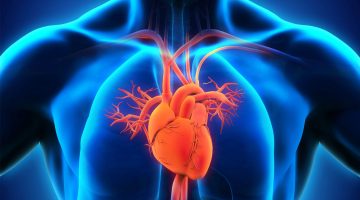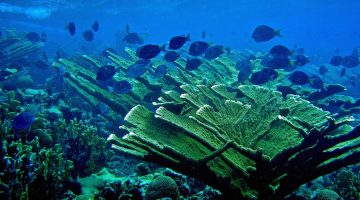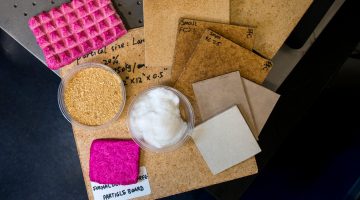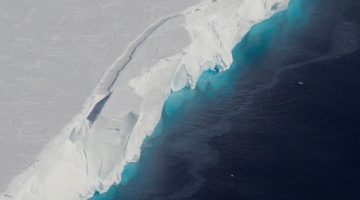Biochemist, physicist team to see antibacterial TCS deform mitochondria
Grocery shopping can be an illuminating chore for a toxicologist. Julie Gosse, a University of Maine associate professor of molecular and biomedical sciences, has scanned the supermarket aisles for products that contain triclosan (TCS), a synthetic antibacterial agent. Since the ’90s, TCS has been in a slew of consumer products, including facial cleansers, toothpaste, mouthwash […]
Read more
